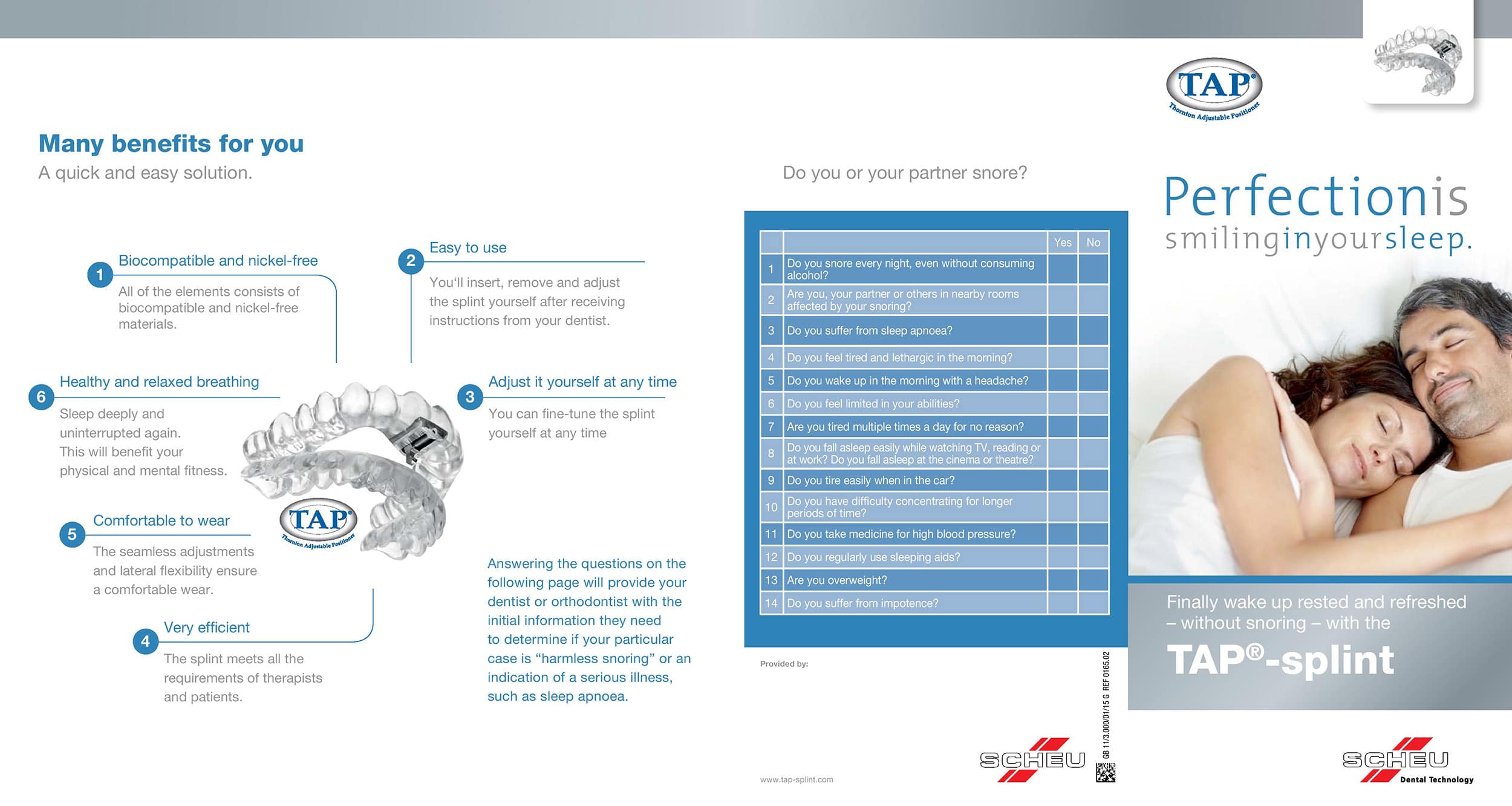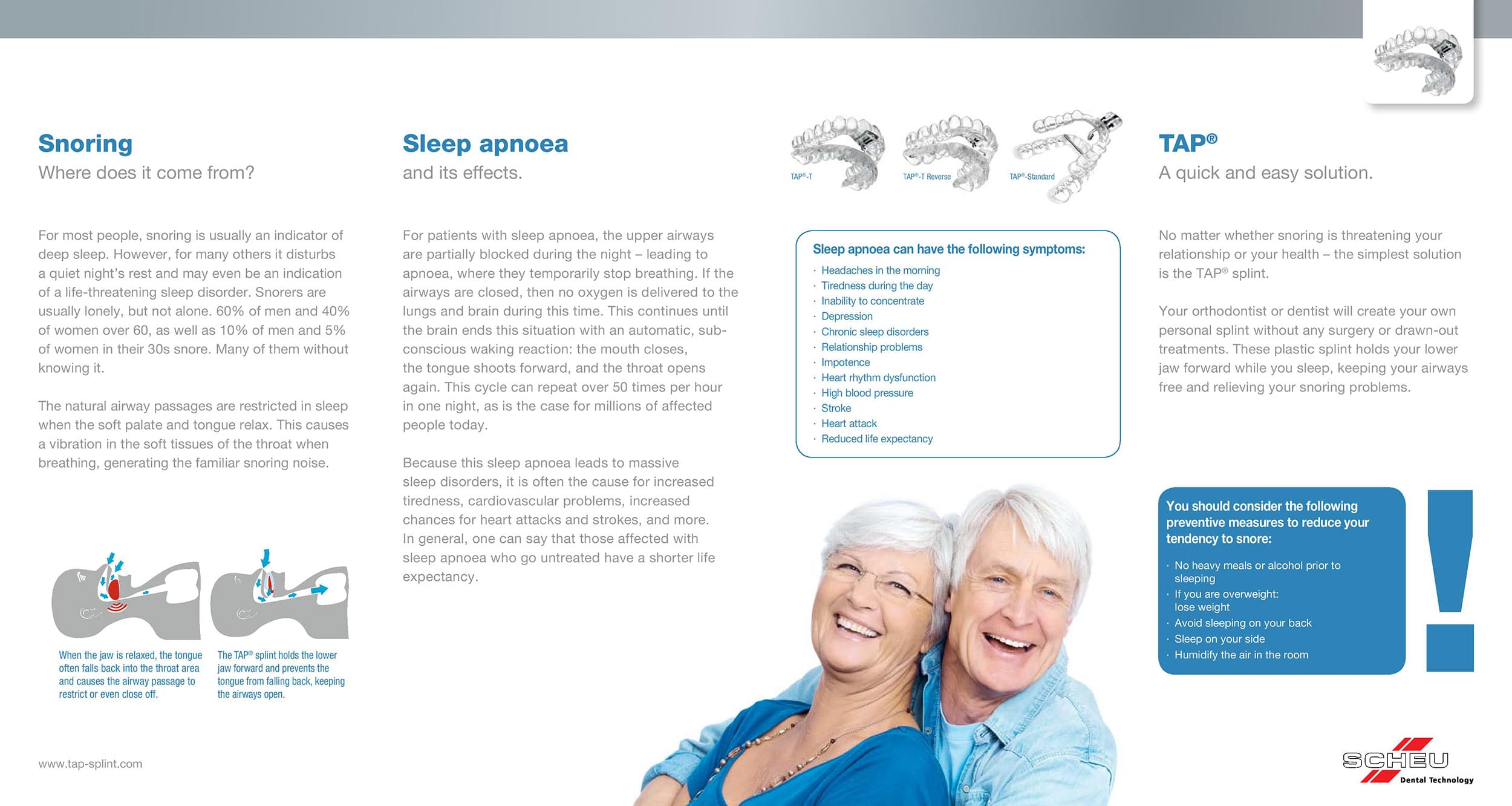Sleep Apnea Treatment Landstuhl
As a proud member of the American Association of Dental Sleep Medicine and the Deutsche Genossenschaft Schlafmedizin, Dr. Michael Dillon specializes in providing effective sleep apnea treatment Landstuhl that can greatly improve your quality of life.
Understanding Sleep Apnea
Sleep apnea is a long-term illness that needs medical help. If someone stops or slows breathing for more than 10 seconds more than once an hour all night, they are not getting enough oxygen.
Sleep apnea is a sleep disorder characterized by repeated interruptions in breathing while asleep. These breaks, called apneas, can cause several health problems, such as tiredness during the day, high blood pressure, and a higher risk of heart disease.
They occur due to one of two primary causes:
- Obstructive Sleep Apnea (OSA): OSA results from a partial or complete blockage of the airway during sleep. This blockage hinders the flow of air, causing brief episodes of breathlessness.
- Central Sleep Apnea: Central apnea occurs when the brain fails to regulate breathing correctly during sleep. In this case, the interruption in breathing is not due to airway blockage but rather a failure in the brain’s control mechanisms.
Where oxygen levels decrease, they trigger a survival reflex in our bodies that briefly awakens us to resume normal breathing. While it is essential for survival, the effect is a disrupted sleep cycle. This prevents you from getting a good night’s sleep and may put stress on your heart, which can have major effects on your health.
Who Does Sleep Apnea Affect?
People of all ages, from infants to the elderly, are susceptible to developing sleep apnea. However, sleep apnea is more prevalent in particular demographics and groups.
Obstructive Sleep Apnea (OSA):
- More common in males and those assigned male at birth (AMAB) younger than 50
- There is no longer a significant difference in the incidence rate between women and those who were designated female at birth (AFAB) after age 50
- Risk increases with age
- Obesity or excessive weight greatly increases the risk
- More common in individuals of Black, Hispanic, or Asian descent
Central Sleep Apnea:
- Often seen in people who take opioid pain medications
- Occurs more frequently in adults over the age of 60
- Prevalent in individuals with heart conditions like atrial fibrillation or congestive heart failure
- Some individuals with obstructive sleep apnea may develop central events known as treatment-emergent central sleep apnea
- At high altitudes, central apnea may occur in response to environmental factors
Symptoms of Sleep Apnea
Some of the signs and symptoms of sleep apnea are more obvious than others. These symptoms can have serious effects on your health, therefore awareness of them is crucial.
Common symptoms of sleep apnea include:
- Morning Fatigue: Despite getting a full night’s sleep, individuals with sleep apnea often wake up feeling extremely tired.
- Daytime Sleepiness: In severe cases, sleep apnea can lead to daytime drowsiness, potentially affecting activities like driving or working.
- Snoring: While sleep apnea can occur without snoring, it is a common symptom associated with the condition.
- Mood Changes: Depression and anxiety are common mood-related symptoms of sleep apnea.
- Cognitive Issues: Sleep apnea can disrupt brain function, leading to problems with memory, concentration, and other cognitive functions.
- Frequent Nighttime Awakenings: People with sleep apnea may wake up multiple times during the night, although they may not always remember why. These awakenings can be triggered by factors like heartburn or the need to use the bathroom.
- Witnessed Pauses in Breathing: Loved ones may observe episodes of paused breathing while the affected person is asleep.
- Unusual Breathing Patterns: Central sleep apnea can result in distinctive breathing patterns, such as Cheyne-Stokes breathing, characterized by alternating periods of fast, deep breathing, and shallow breathing until breathing temporarily stops.
- Insomnia: Difficulty falling or staying asleep can be a symptom of sleep apnea.
- Night Sweats and Restlessness: Some individuals with sleep apnea may experience night sweats and restlessness during sleep.
- Sexual Dysfunction: Sleep apnea can contribute to sexual dysfunction in some cases.
- Feeling Short of Breath: Waking up with a sensation of breathlessness or choking can be a sign of sleep apnea.
SLEEP APNEA SYMPTOMS IN KIDS
In children, sleep apnea can manifest differently. Keep an eye out for these signs:
- Exhibiting symptoms resembling attention-deficit/hyperactivity disorder (ADHD), including hyperactivity, trouble focusing, and poor school performance.
- Snoring loudly
- Wetting their bed
- Frequent arm or leg movements during sleep
- Sleeping in unusual or extended neck positions
- Symptoms like reflux (heartburn) and night sweats
If you or a loved one are experiencing any of these signs, it is essential to be checked out by a doctor so you can find out if sleep apnea is to blame and what kind of therapy is available.
Sleep Apnea Management and Treatment
If you’re experiencing these symptoms, you can achieve better sleep and health through proper sleep apnea management and treatment. The severity and root causes of the ailment determine which therapy choices are feasible, including:
- Lifestyle Modifications
- Continuous Positive Airway Pressure (CPAP) Therapy
- Bilevel Positive Airway Pressure (BiPAP) Therapy
- Oral Appliance Therapy
- Adaptive Servo-Ventilation (ASV)
- Positional Therapy
- Weight Management
- Surgery
Introducing Breathe-Easy Appliances at Dillon American Orthodontic Care
Our Breathe-Easy Appliances are a group of dental appliances designed to open the patient’s airway by repositioning the mandible, tongue, soft palate, and uvula. They work by stabilizing the lower jaw and bringing it forward, allowing the patient’s airway to remain open during sleep.
This repositioning ensures that air can flow freely through the nose and into the lungs, preventing the interruptions in breathing characteristic of sleep apnea.
Benefits of Breathe-Easy Appliances
Breathe-Easy Appliances are highly effective for patients with mild and moderate obstructive sleep apnea (OSA). Many individuals who use these appliances experience a significant reduction in their symptoms or even complete symptom elimination. Some of the key benefits include:
- Improved Sleep Quality: Patients report better sleep quality, resulting in increased daytime alertness and improved overall well-being.
- Non-Invasive Treatment: Breathe-Easy Appliances provide a non-invasive alternative to CPAP machines, making them more comfortable for many patients.
- Customized Solutions: Our team at Dillon American Orthodontic Care customizes Breathe-Easy Appliances to fit each patient’s unique oral anatomy, ensuring maximum effectiveness and comfort.
- Enhanced Health: Effective treatment of sleep apnea can lead to reduced risks of associated health problems such as cardiovascular issues and hypertension.
Is Breathe-Easy Right for You?
If you suspect that you or a loved one may be suffering from sleep apnea, it’s crucial to seek professional evaluation and treatment. Dr. Dillon will assess your condition and determine if Breathe-Easy Appliances are the right solution for you.
Breathe-Easy Appliance Treatment Process
Here at Dillon American Orthodontic Care, we take great care to make sure you feel safe and secure during the entire process of getting a breathe-easy appliance to treat your sleep apnea.
Here’s a step-by-step overview of what you can expect:
Primary Consultation
The first step in your sleep apnea treatment Landstuhl is a visit with Dr. Dillon, our sleep apnea specialist. During this visit, you’ll discuss your sleep apnea symptoms and medical history.
Dr. Dillon will perform a thorough examination of your oral anatomy to determine if a breath-easy appliance is the right treatment for you.
Customized Treatment Plan
If the Breathe-Easy Appliance is deemed suitable for your needs, Dr. Dillon will create a personalized treatment plan tailored to your unique oral structure and sleep apnea severity.
Appliance Design and Fabrication
Our experienced team will design and fabricate a custom breathe-easy appliance specifically for you. This appliance is comfortable, non-invasive, and precisely crafted to reposition your jaw, tongue, and soft palate to keep your airway open during sleep.
Fitting and Adjustment
Once your appliance is ready, you’ll return to our clinic for a fitting appointment. Dr. Dillon will ensure that the appliance fits comfortably and functions effectively.
Any necessary adjustments will be made to optimize its performance and comfort. You’ll also receive comprehensive guidance on how to use and maintain your device.
Regular Monitoring
Regular follow-up appointments will be scheduled to monitor your progress and make any necessary adjustments to the appliance. Your feedback and experiences will guide further enhancements to your treatment plan.
Improved Sleep Quality
With consistent use of your appliance, you can expect a significant improvement in sleep quality and a reduction in sleep apnea symptoms.
Enjoy the benefits of better sleep, increased daytime alertness, and improved overall well-being.
Book an Appointment
The first step toward sleep apnea treatment Landstuhl for better sleep and managing your symptoms is scheduling an appointment with Dillon American Orthodontic Care. Throughout your treatment with Dr. Dillon and our team, you can expect nothing but the best care and support.






 Dillon Orthodontic Care
Dillon Orthodontic Care